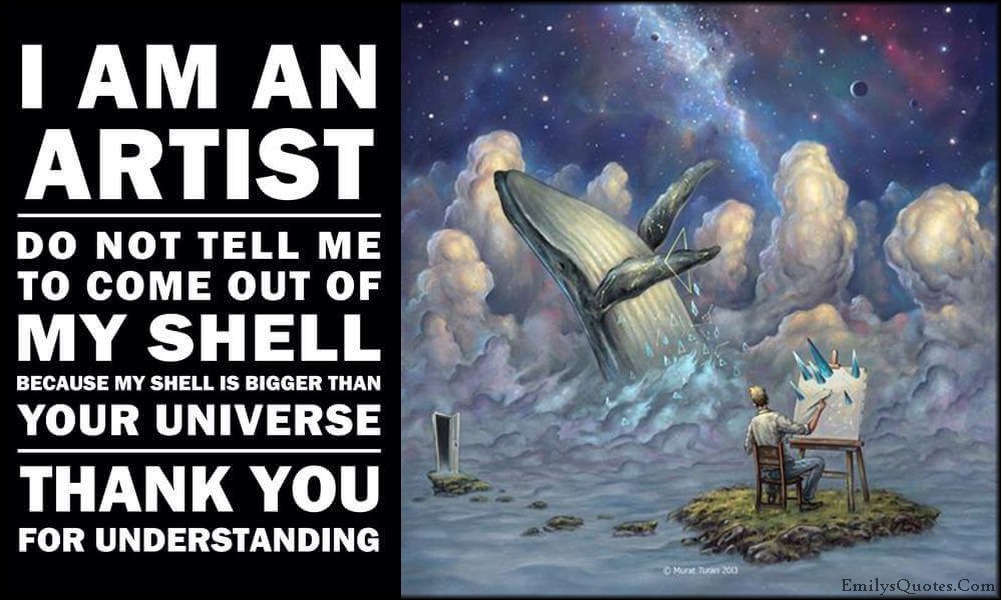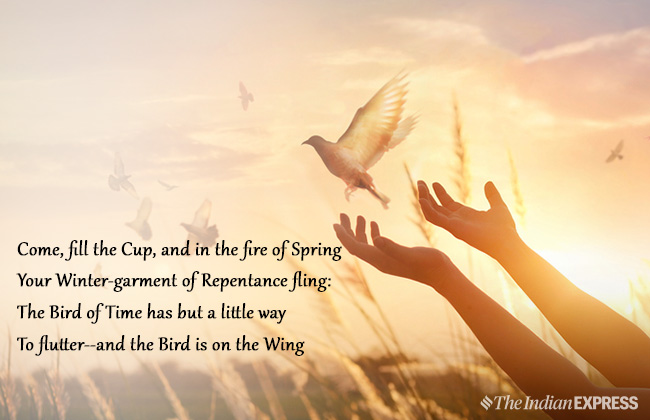

There can be no doubt that a great deal of restlessness and misgiving characterizes the minds of to-day in regard to all questions of religion. We sometimes hear it said that great periods of civilization end in a manifestation of infidelity and despair. But even more remarkable is what we may call the modernity of this twelfth century Persian poet. The range of his mind can only be measured by supposing that Sir Isaac Newton had written Manfred or Childe Harold.

But the remarkable feature in the case of Omar is that he, who could see so clearly and feel so acutely, has been enabled also to embody in a poem of imperishable beauty the opinions which he shared with many of his contemporaries. There are many men of science who, like Darwin, have come, through the study of material phenomena in nature, to a condition of mind which is indifferent in matters of religion. He is the great man of science, who, like other men of genius too deeply immersed in the study of natural law or abstract reasoning, has lost all touch with that great world of spiritual things which we speak of as religion, and which we can only come in contact with through those instinctive emotions which scientific analysis very often does so much to stifle. At his brightest moments he gives expression to a vague pantheism, but all his views of the power that lies behind life are obscured and perturbed by skeptical despondency. The poet speaks in tones of bitterest lamentation when he sees succumb to Fate all that is bright and fresh and beautiful. Yet there are traces of Mysticism in his writings, which only serve to emphasize his profound longing for some knowledge of the invisible, and his foreboding that the grave is the “be-all” and “end-all” of life. There is in the poet’s mind the lofty indignation of one who sees, in its true light, the narrowness of an ignorant and hypocritical clergy, yet can find no solid ground on which to build up for himself a theory of supernaturalism, illumined by hope. His verses hang together like gems of the purest water exquisitely cut and clasped by “jacinth work of subtlest jewelry.” But apart from their masterly technique, these Quatrains exhibit in their general tone the revolt of a clear intellect from the prevailing bigotry and fanaticism of an established religion. The exactness of his fine and analytic mind is reflected in the exquisite finish, the subtle wit, the delicate descriptive touches, that abound in his Quatrains. Strange to say, Omar was the greatest mathematician of his day. This sense of approaching Fate is never absent from him, even in his most genial moments and the strange fascination which he exercises over his readers is largely due to the thrilling sweetness of some passage which ends in a note of dejection and anguish.

The keenness and intensity of this poet’s style seem to be inspired by an ever-present fear of death. But the prevailing note of his music is that of deep and settled melancholy, breaking out occasionally into words of misanthropy and despair. The feast, the revel, the joys of love, and the calm satisfaction of appetite make up the grosser elements in his song. The intoxication of wine and the bright eyes of lovely women are ever present to his mind.
Ah love could you and i with him conspire meaning full#
Omar’s bowers are always full of roses the notes of the nightingale tremble through his stanzas. There is in this volume all the gorgeousness of the East: all the luxury of the most refined civilization. For Omar, like Hбfiz, is one of the most Persian of Persian writers.

Edward Fitzgerald’s version of the poem has provided one of the most masterly translations that was ever made from an Oriental classic. Yet there is so little of that lightness which should characterize an epigram that we can scarcely put Omar in the same category with Martial, and it is easy to understand why the author should have been contented to name his book the “Rubбiyбt,” or Quatrains, leaving it to each individual to make, if he chooses, a more definite description of the work. “The “Rubбiyбt” is a string of quatrains, each of which has all the complete and independent significance of an epigram. Re-mould it nearer to the Heart’s Desire!Ībout the Rubaiyat From the Introduction to this translation: To grasp this sorry Scheme of Things entire, \)Īh, Love! could you and I with Him conspire


 0 kommentar(er)
0 kommentar(er)
